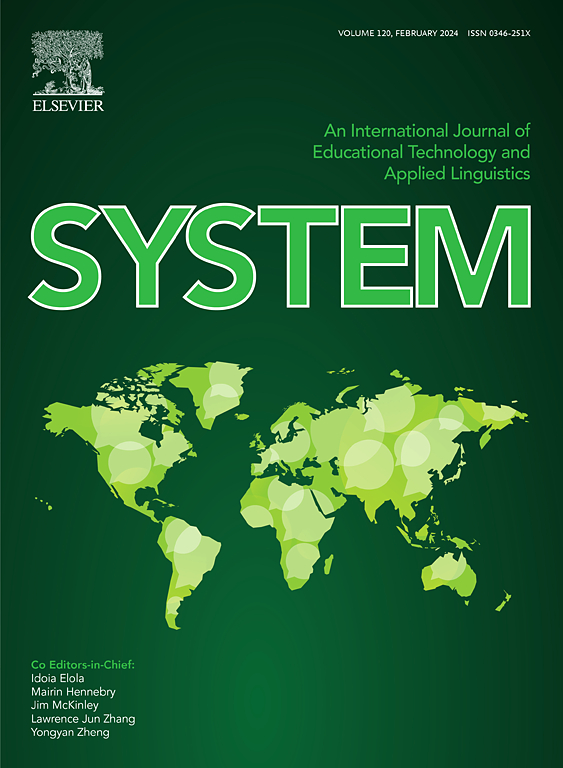Oleanolic acid improved intestinal immune function by activating and potentiating bile acids receptor signaling in E. coli-challenged piglets
IF 7
1区 农林科学
Q1 Agricultural and Biological Sciences
引用次数: 0
Abstract
Infection with pathogenic bacteria during nonantibiotic breeding is one of the main causes of animal intestinal diseases. Oleanolic acid (OA) is a pentacyclic triterpene that is ubiquitous in plants. Our previous work demonstrated the protective effect of OA on intestinal health, but the underlying molecular mechanisms remain unclear. This study investigated whether dietary supplementation with OA can prevent diarrhea and intestinal immune dysregulation caused by enterotoxigenic Escherichia coli (ETEC) in piglets. The key molecular role of bile acid receptor signaling in this process has also been explored. Our results demonstrated that OA supplementation alleviated the disturbance of bile acid metabolism in ETEC-infected piglets (P < 0.05). OA supplementation stabilized the composition of the bile acid pool in piglets by regulating the enterohepatic circulation of bile acids and significantly increased the contents of UDCA and CDCA in the ileum and cecum (P < 0.05). This may also explain why OA can maintain the stability of the intestinal microbiota structure in ETEC-challenged piglets. In addition, as a natural ligand of bile acid receptors, OA can reduce the severity of intestinal inflammation and enhance the strength of intestinal epithelial cell antimicrobial programs through the bile acid receptors TGR5 and FXR (P < 0.05). Specifically, OA inhibited NF-κB-mediated intestinal inflammation by directly activating TGR5 and its downstream cAMP-PKA-CREB signaling pathway (P < 0.05). Furthermore, OA enhanced CDCA-mediated MEK-ERK signaling in intestinal epithelial cells by upregulating the expression of FXR (P < 0.05), thereby upregulating the expression of endogenous defense molecules in intestinal epithelial cells. In conclusion, our findings suggest that OA-mediated regulation of bile acid metabolism plays an important role in the innate immune response, which provides a new diet-based intervention for intestinal diseases caused by pathogenic bacterial infections in piglets.齐墩果酸通过激活和增强大肠杆菌感染仔猪的胆汁酸受体信号传导,改善肠道免疫功能
在非抗生素饲养过程中感染病原菌是动物肠道疾病的主要原因之一。齐墩果酸(OA)是一种五环三萜,在植物中无处不在。我们之前的工作证明了 OA 对肠道健康的保护作用,但其潜在的分子机制仍不清楚。本研究探讨了膳食补充 OA 是否能预防仔猪腹泻和肠毒性大肠杆菌(ETEC)引起的肠道免疫失调。我们还探讨了胆汁酸受体信号在这一过程中的关键分子作用。我们的研究结果表明,补充 OA 可缓解 ETEC 感染仔猪的胆汁酸代谢紊乱(P < 0.05)。通过调节胆汁酸的肠肝循环,补充 OA 可稳定仔猪胆汁酸池的组成,并显著增加回肠和盲肠中 UDCA 和 CDCA 的含量(P < 0.05)。这也可以解释为什么 OA 可以维持 ETEC 攻击仔猪肠道微生物群结构的稳定性。此外,作为胆汁酸受体的天然配体,OA可通过胆汁酸受体TGR5和FXR减轻肠道炎症的严重程度并增强肠道上皮细胞抗微生物程序的强度(P < 0.05)。具体来说,OA 通过直接激活 TGR5 及其下游的 cAMP-PKA-CREB 信号通路,抑制了 NF-κB 介导的肠道炎症(P < 0.05)。此外,OA通过上调FXR的表达增强了CDCA介导的肠上皮细胞MEK-ERK信号转导(P < 0.05),从而上调了肠上皮细胞内源性防御分子的表达。总之,我们的研究结果表明,OA 介导的胆汁酸代谢调节在先天性免疫应答中发挥着重要作用,这为干预仔猪病原菌感染引起的肠道疾病提供了一种新的日粮干预方法。
本文章由计算机程序翻译,如有差异,请以英文原文为准。
求助全文
约1分钟内获得全文
求助全文
来源期刊

Journal of Animal Science and Biotechnology
AGRICULTURE, DAIRY & ANIMAL SCIENCE-
CiteScore
9.90
自引率
2.90%
发文量
822
审稿时长
17 weeks
期刊介绍:
Journal of Animal Science and Biotechnology is an open access, peer-reviewed journal that encompasses all aspects of animal science and biotechnology. That includes domestic animal production, animal genetics and breeding, animal reproduction and physiology, animal nutrition and biochemistry, feed processing technology and bioevaluation, animal biotechnology, and meat science.
 求助内容:
求助内容: 应助结果提醒方式:
应助结果提醒方式:


